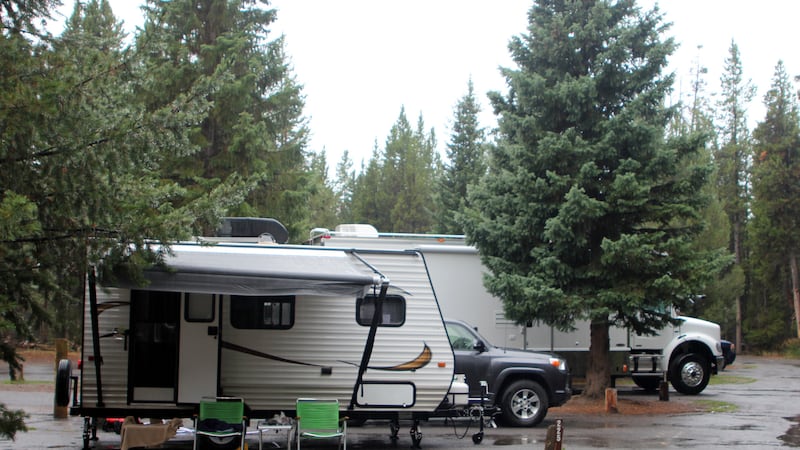Two bills that got first hearings today in the state House Committee on Human Services and Housing are sure to provoke fireworks if they move further.
House Bill 2937 would allow the construction of accessory dwelling units on land zoned rural residential or on land zoned for agriculture. House Bill 2938 would allow the siting of an RV on the same kinds of land.
To people relatively new to Oregon, or to city-dwellers aware of government efforts to promote the development of ADUs and other construction that promotes density, the bills might seem like logical response to the state's housing shortage.
But Oregon's famed land-use planning system is built on the premise of protecting rural lands from development, i.e. stopping sprawl from extending outside city limits.
There have been few more contentious issues in Oregon politics in this century than the property rights ballot measures in the previous decade.
In 2004, voters approved Ballot Measure 37, which allowed landowners who felt they'd been harmed by land-use or environmental laws to claim compensation from the state or develop their land under whatever rules applied when they first purchased their land. The measure resulted in the filing of claims in excess of $17 billion—a figure vastly beyond the available resources.
In 2007, supporters of the state's land-use laws approved Ballot Measure 49, which repealed the earlier measure.
The bills today generated a great deal of public testimony. Broadly speaking, farmers oppose the bills, while some people dealing with the shortage of affordable housing, including a county commissioner each from Lane and Marion counties testified in favor of the bills.
Mary Kyle McCurdy, the deputy director of 1000 Friends of Oregon, the advocacy group most closely associated with protecting Oregon's land-use laws, testified in opposition to both:
